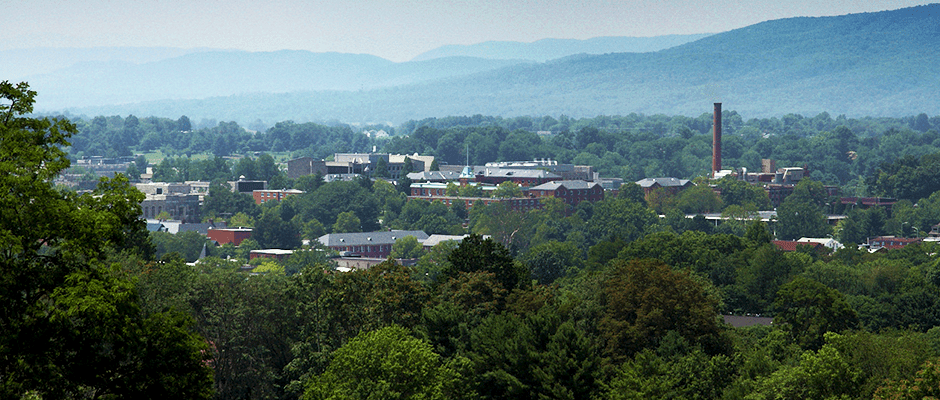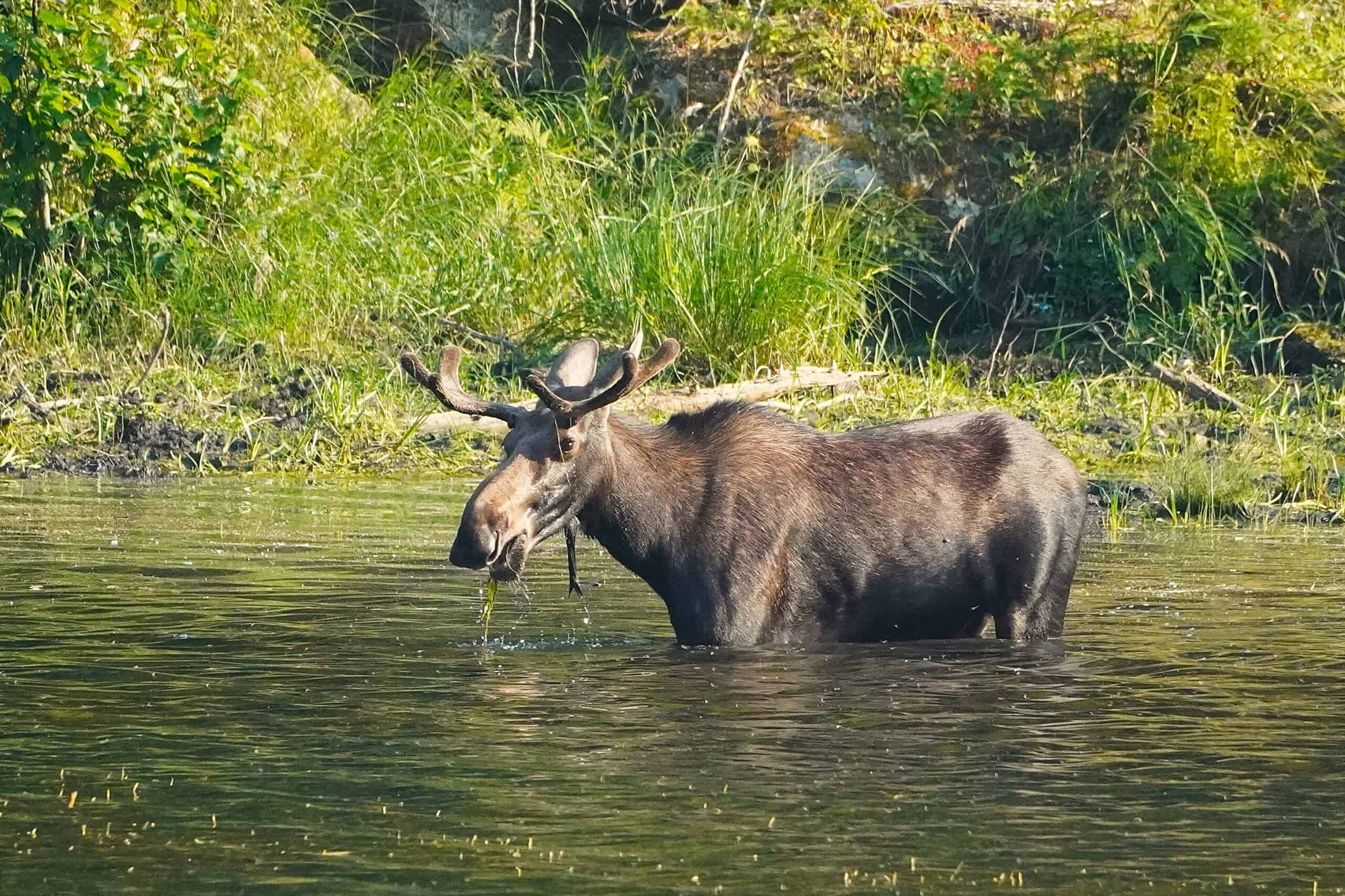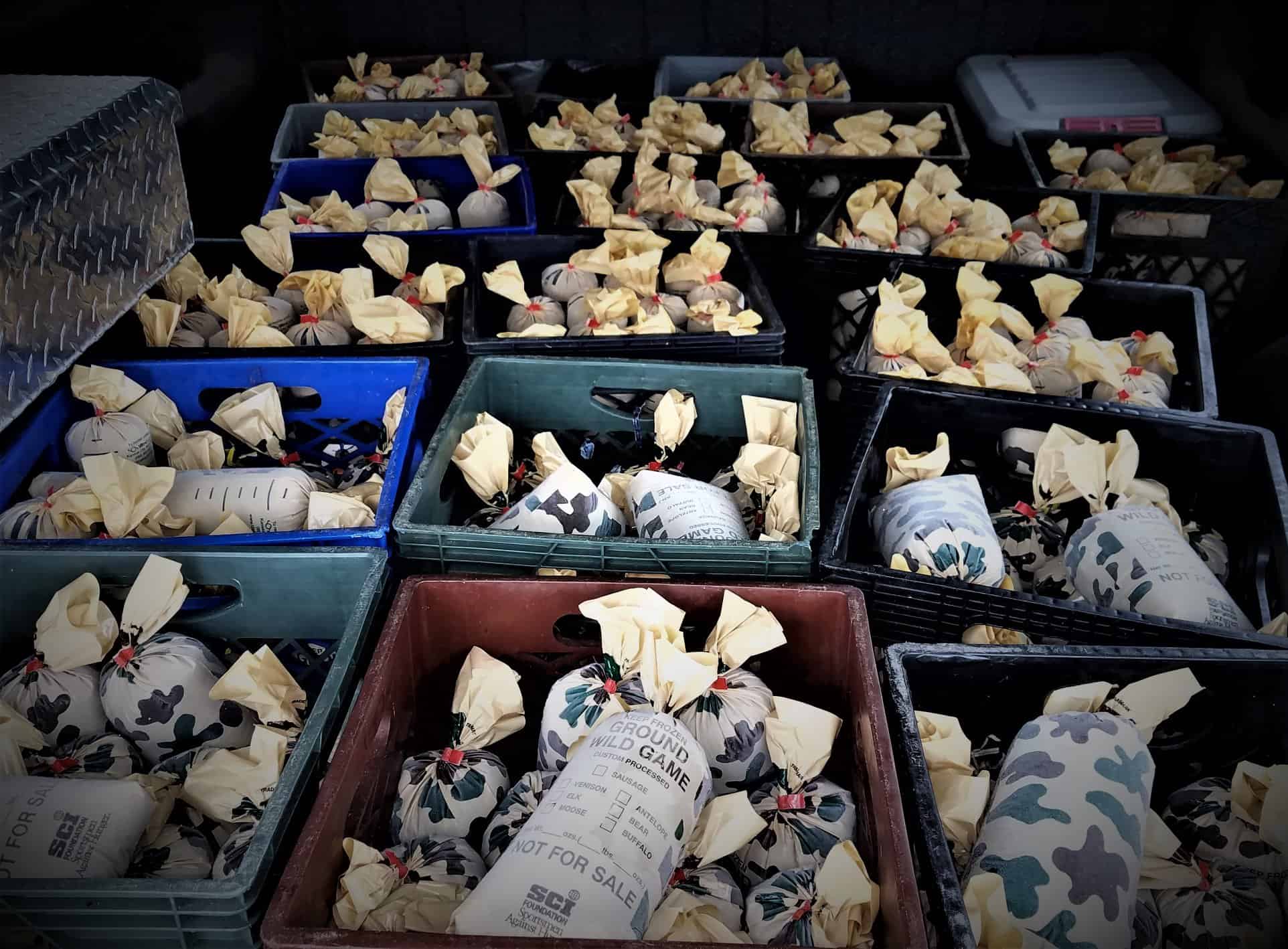Share this article
VA Tech Student Chapter submits comments on proposed pipeline
The Student Chapter of The Wildlife Society at Virginia Tech (VT TWS) recently submitted comments on a Draft Environmental Impact Statement (DEIS) for the Mountain Valley Project (MVP); a proposed natural gas pipeline that would run through Virginia and West Virginia.
The project, which is planned to cross near the town of Blacksburg, VA, home to the campus of Virginia Tech, would be 301 miles long and transport two billion cubic feet per day of natural gas from the Appalachian Basin to markets in the mid–Atlantic and southeastern U.S.
In the public comments submitted, VT TWS states that the DEIS released by the Federal Energy Regulatory Commission (FERC) should not go into effect due in part to “its insufficient methods for management, monitoring, and mitigation of MVP’s impacts to wildlife and their habitats.”
In order to remedy insufficient monitoring methods, VT TWS suggests that detailed information on the biological surveys conducted by FERC, including the survey design, methods, and results, are released to the public to discern the professional standards of pre- and post-impact surveys. Future surveys should also be conducted by third–party groups with no vested interest in the project. This is most notably suggested for woodland salamanders (Plethodon spp.), as VT TWS is concerned about the DEIS’ lack of inclusion of MVP’s potential impacts to multiple woodland salamander species.
Beyond insufficient survey methods, VT TWS has concerns with incomplete and missing surveys. The DEIS states that MVP’s construction cannot begin until outstanding surveys for the federally-listed Ellett Valley millipede (Pseudotremia cavernarum), bog turtle (Glyptemys muhlenbergii), and running buffalo clover (Trifolium stoloniferum) are finished. The Student Chapter believes this information is necessary for stakeholders and permit authorities to make informed decisions, and recommends that a new DEIS is issued after these surveys have been completed.
VT TWS ultimately hopes these public comments will result in a shift as to how wildlife monitoring and mitigation are viewed within this DEIS. The Student Chapter was however supportive of certain aspects within the current version of the document, such as a proposal to utilize native seed mixes to promote pollinator habitat along the pipeline route, and recommended that it be done in conjunction with post–treatment monitoring to prevent invasive species from colonizing.
Engaging in the policy arena is often unexplored territory for TWS student chapters, including VT TWS. According to Ally Moser, President of VT TWS, “Often students learn about significant natural resources issues and their potential consequences, but feel unqualified and disempowered to contribute to the discussion. We wanted to demonstrate to wildlife students that their voices matter in professional contexts, even regarding highly controversial issues.”
The decision to become involved resulted in a final product that utilized local wildlife professionals and the collective knowledge of the student chapter membership to create a thoroughly researched and vetted document.
Header Image: Overlooking Blacksburg, V.A. ©EAG via Wikipedia








